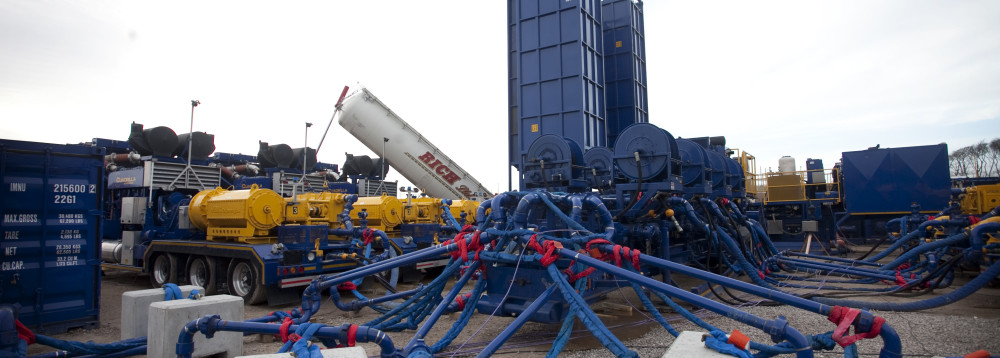A successful shale gas industry could create clusters of expertise and boost investment
A successful shale gas industry could create clusters of expertise and boost investment in North Yorkshire
This week, North Yorkshire County Council will decide an application to hydraulically fracture and test the flow of natural gas from a well drilled in 2013 at Kirby Misperton. If the tests by Third Energy are successful, the gas will be piped to an electricity generating station.
At our recent half-day conference in Scarborough, local businesses expressed a real appetite for roles in the supply chain that will be needed if shale gas expands in the region.
In 2014, the consultancy EY predicted that nationally, a future shale gas industry could one day be responsible for a supply chain spend of over £33 billion and 64,500 jobs.
Anybody asking how many of those jobs will be in North Yorkshire is asking the wrong question; the question they should be asking is “how many of those jobs do we want to be in North Yorkshire, and how do we go about securing them?”
The same goes for the investment that will be available.
North Yorkshire and Lancashire, which both sit directly above the gas-rich Bowland Shale, are uniquely positioned to benefit from a successful shale gas industry. They each have a long and proud industrial heritage, and are full of engineering, construction, civil engineering and manufacturing businesses that can all potentially play a role in the shale gas supply chain.
There is a fantastic opportunity for the two rose counties to create and benefit from clusters of expertise, as supply chain businesses coalesce to support the industry.
Lancashire already has a blueprint for this. It plays host to BAE Systems, which operates manufacturing sites at Salmesbury and Warton. The presence of this aerospace giant has acted as a major draw for smaller aerospace engineering and component manufacturing businesses, such that Lancashire is a recognised centre-of-excellence in this sector. You can read more about the economic contribution of BAE Systems here
It’s the same in places like Sunderland, Coventry, Liverpool and Derby where supply chain companies have formed clusters to support the major car manufacturers. It’s no surprise that a 2015 report by accountants UHY Hacker Young found that Derby had the fastest growing economy in England, due in part of the performance of its manufacturing and engineering sectors which support companies like car-maker Toyota.
In the same way that a local high street can be revived when a high-end retailer moves in, so it is with large scale industries. As first and second tier supply chain participants establish themselves in an area, they’re soon joined by tertiary suppliers – these supply chain linkages have a significant multiplier effect, and drive broader investment nearby.
There is no reason to suspect that shale gas can’t replicate this, and far from scaring off potential investors, it’s much more likely to attract them.
Third Energy already has established operations in North Yorkshire and a supply chain that supports it, but it will need to grow this in the future if wins approval for its Kirby Misperton plans and well tests are successful.
It’s for businesses in Ryedale and further afield in North Yorkshire to make sure local businesses benefit from the supply chain contract, jobs and investment opportunities that could be presented.



